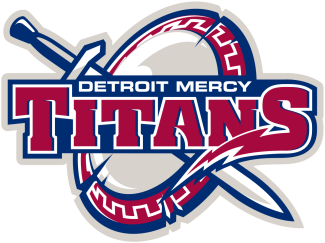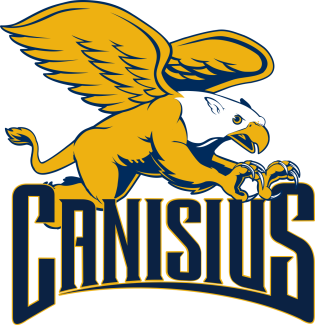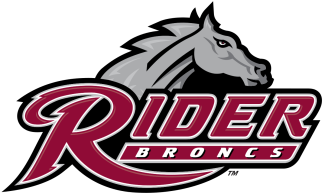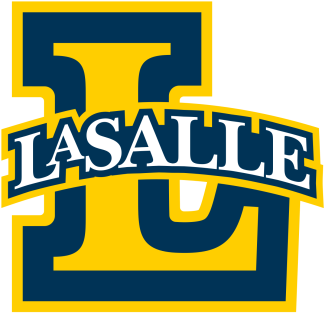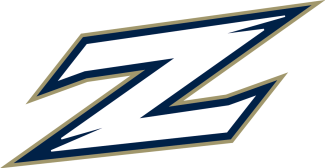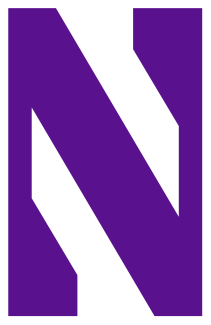Under normal circumstances, Williams would be preparing for a two-game NESCAC stretch against Bates and Tufts before flipping the calendar to April.
But these aren’t normal circumstances, not with the COVID-19 pandemic forcing the cancellation of the 2020 college lacrosse season, along with all other spring sports and winter championships. And it stings especially hard for the Ephs, who ranked No. 1 in the Nike/US Lacrosse Division III Men's Preseason Top 20.
“Everyone feels good about their team, but I felt like we had a really special unity on our team outside of being talented,” Williams head coach George McCormack said. “I thought the guys really liked each other, that they genuinely cared for each other. It made it even better that we were having success.”
Who knows how far that success could have taken Williams, one year removed from making their first Final Four. The Ephs were 4-0 and cruising with senior midfielder Brendan Hoffman, US Lacrosse Magazine Division III Men's Preseason Player of the Year, appearing in just one game as he dealt with a hamstring injury.
The what-ifs will always linger, as will the abrupt end as health concerns saw the NESCAC cancel its seasons on March 11. But moments of closure have helped, McCormack said, like the practice when his team was preparing to face Bowdoin on the road that Saturday. The Ephs’ athletic director, Lisa Melendy, came out to the field and told them it’d be their last practice together.
Instead of resorting to self-pity and anger, Williams held an intra-squad scrimmage in which defensemen and attackmen switched roles, looking to simply have fun one last time.
“There were a lot of laughs, a lot of competition, in a good-natured way,” McCormack said. “I think when they left the field, the guys hung around the locker room for quite a while reminiscing and catching up. I was really proud of the way they took it in and understood.”
A similar story defines how Ursinus, a surging program under second-year head coach Gary Mercadante, dealt with the news. The Bears had just come off a grueling 14-13 mid-week win over Stockton and were moving on to their March 21 Centennial Conference opener against Gettysburg, the same program they beat last year for their first CC championship.
Ursinus was also on spring break, a time during which players would be focusing on lacrosse with classes on hold. But as they gathered the morning of March 12 for a team breakfast, they learned the college was shutting down to help mitigate the spread of COVID-19. Mercadante delivered the news, and they had an hour-and-a-half to process it all before gathering for one last practice.
“We knew how important it was to get back out there one more time,” Mercadante said. “You see it in a lot of articles and on social media that lacrosse is the medicine game. It truly is our medicine.”
Instead of going through their normal paces, the Bears’ seniors drafted teams for a 3-on-3 round-robin tournament that featured tennis balls instead of lacrosse balls. Afterwards, as is Ursinus’ tradition, the seniors lined up and the whole team walked through and gave one final hug.
“That was tough,” Mercadante said. “That was one of the tougher moments for our players that they'll probably ever have. The love our guys have for each other and how tight-knit of a family it is was more evident in that moment than I've ever seen.”






